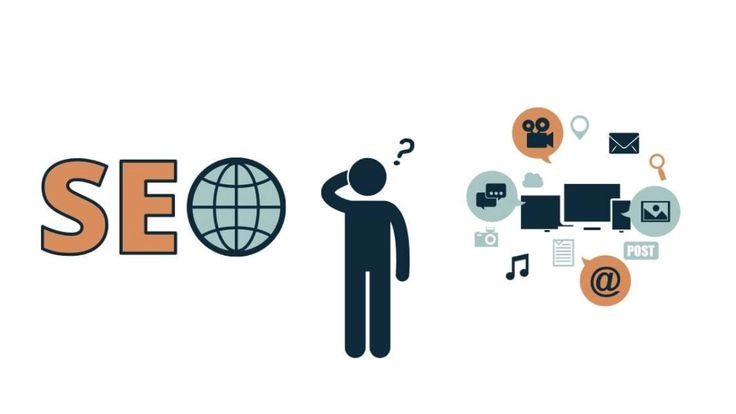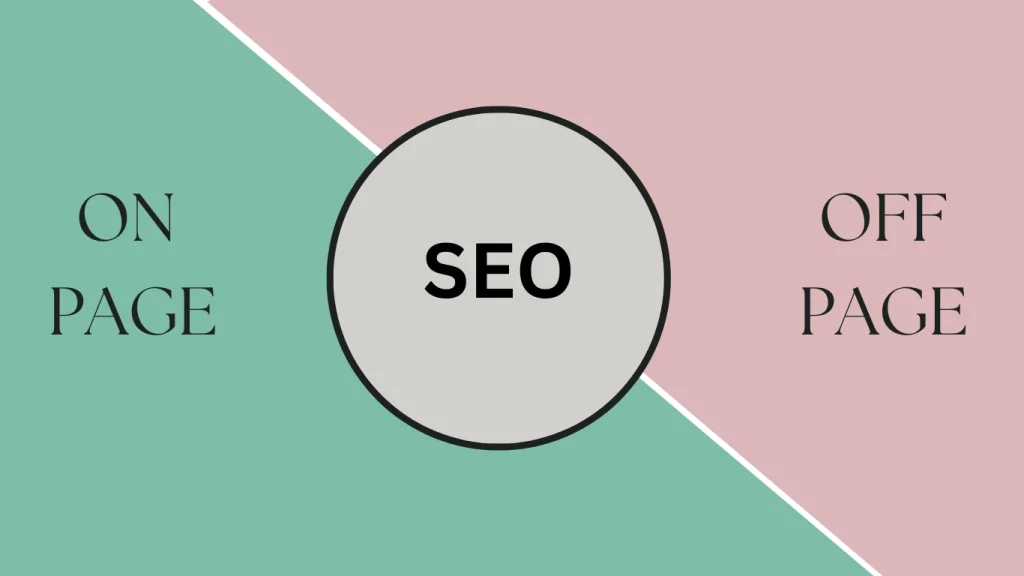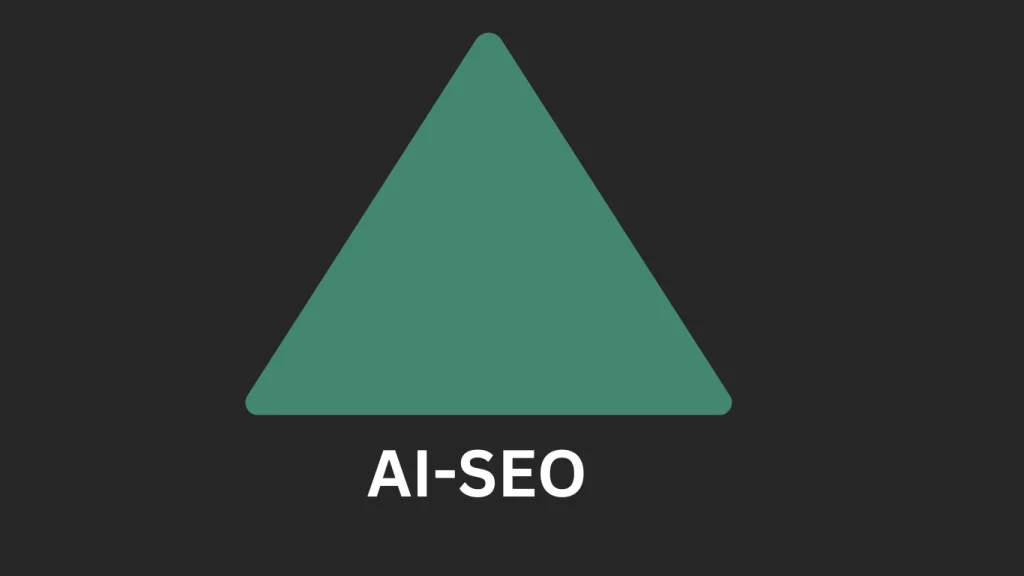IMPORTANCE OF SEO

Search engine optimization (SEO) is the polishing of tweak the quality and quantity of website traffic by expanding the visibility of a website or web page to users of a web search engine—primarily Google. SEO’s center of attention is on organic (non-paid) search results that aim to rank your content higher on search engine results pages (SERPs).
How does Google's search algorithm work ?

The complicated algorithm used by Google controls the order in which web sites appear in search results. However the exact algorithm is save up a top secret, SEO professionals know some key factors that exert influence on rankings:
1. Keywords: Keywords are words that users enter into search engines. Google resort to these keywords to harmonize with users’ queries with suitable content. subsumed under the right keywords into your content is critical, but overstuffing can lead to penalties.
2. Content Quality: Google prioritizes high-quality and pertinent content that pander to the user’s search intent.Content should be informative, well-researched and periodically updated. Google values original content over duplicate or copied content.
3. Backlinks: Backlinks are links to your website from other websites. They act as a vote of confidence that signals to Google that your content is maintainable and prized possessions.Although , not all backlinks are created equal – quality is more dominant than quantity.
4.Mobile Optimization: Since most users ingress the web through mobile devices, Google has consent to mobile-first indexing approach. This shows that your website’s mobile version is seen as the primary version.. Mobile-friendly design is crucial for fine rankings.
5.Page Speed: A fast loading website allocate a better user experience and is remunerated by Google with higher rankings. Tools like Google’s PageSpeed Insights can help you inspect and upgrade your website’s speed.
6.User Experience (UX): Google assess the worth of how users associate with your site. Bounce rate, dwell time, and click-through rate (CTR) stipulate how convenient and alluring your content is. Higher rankings can result from a positive user experience.
7.Technical SEO:
This demand optimizing the backend of your website. Actual use of meta tags, structured data, XML sitemaps, and clean URL structures all be conducive to how easily Google can crawl and index your site.
On-Page vs. Off-Page SEO
SEO is usually divided into two categories: on-page and off-page.
On-Page SEO: This refers to optimization directly done on your website.This includes upgrading your content, HTML code, meta tags and images and corroborating your site is easily comprehensible and pertinent to search queries.
Off-Page SEO: This focuses on activities outside of your website that exert influence on your ranking.The most dominant factor here is to build high quality backlinks from highly regarded sites. Social media marketing and influencer prominent are also important components of off-page SEO.

The Importance of Continuous Optimization
SEO is not a one-time task but an continuing process. Google is constantly updating its algorithms and competitors are always optimizing their content, so staying at the top of the SERPs requires continuous endeavour.Updating content regularly, conducting SEO audits, and staying abreast of the latest trends and changes in the SEO landscape are critical.
The Role of Google’s AI in SEO

Thanks to the integration of artificial intelligence (AI), Google’s algorithm has become more knowledgeable over the years.Tools like RankBrain and BERT help Google acknowledged the context and intent behind search queries, making SEO more about designing user-centric content than just keyword optimization.
RankBrain:
Google’s AI-based system that helps proceeding search results. It elucidates user queries to provide the most relevant results, even if the content dearth exact keywords.
BERT (Bidirectional Encoder Representation from Transformers):
This helps Google understand the context of words in search queries, especially in long conversational searches. This has made SEO more focused on natural language processing.
Let's Conclude
Updating content frequently, conducting SEO audits, and staying abreast of the latest trends and changes in the SEO landscape are critical.
SEO is a vital tool for driving organic traffic to your website and increasing your visibility online.Understanding how Google’s search algorithm works and optimizing your site accordingly can significantly impact your rankings.By focusing on quality content, strategic keyword usage, building authentic backlinks, and a great user experience, you can ameliorate your chances of ranking high in Google search results.
Whether you’re new to SEO or looking to refine your strategy, keeping these basics in mind will help you navigate the complex world of Google optimization and put you on the path to success.
If you want to dive chasmic into any specific aspect of SEO, or need tips on how to execute these strategies, feel free to ask!
